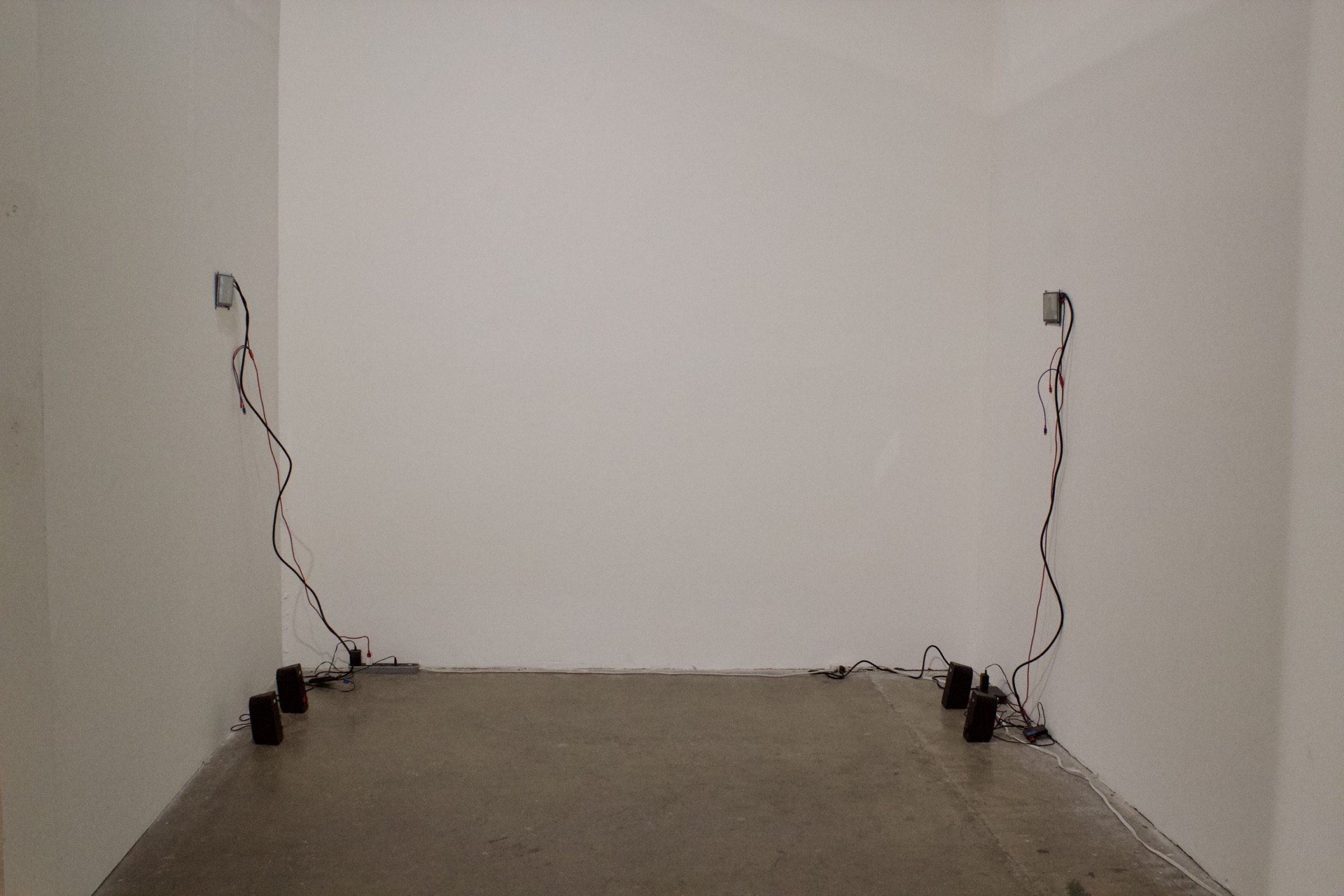
Eugene Kim is a ceramic, digital, and internet artist. His work explores the duality
of human nature through the use of TV tropes, glitch, comedy, and multiple online
identities through avatars. His work that studies human behavior in a place completely
barren of it, stems from the belief that there are two sides to every human - one that they
present to the world, and one that they keep hidden. This concept exists freely in the online
world, where individuals have the ability to create and maintain multiple identities,
often with intentions to present a certain persona to the world, communities, and subcultures.
He has been awarded the Virginia Purcel Award and has shown at the Guggenheim Gallery.
No Comment is a personal exhibition that not only analyzes the parasocial activity
that takes place in online spaces, but exposes the overly-present liminality through a
2-channel video piece and a ceramic and sound installation.
The 2-channel video piece, titled Very Real Conversation (Eris) and Very Real
Conversation (Kenny), is located in the alcove of the Guggenheim Gallery. Eris is based
in the Philippines and Kenny is based in Los Angeles. It will be presented through two 7 inch
monitors, similar to the ones streamers use for their stream deck or streaming setup, across
from each other. It simulates a real conversation, however, it is completely disjointed, only
making sense in small moments. Both people on the screen have a separate series of questions
and answers with accidental line ups. This creates an illusion that a coherent conversation
could potentially be taking place, but in a language that is not fully understood, or two
separate conversations that are coincidentally lining up occasionally. The physical space
in between the two screens take the place of the real distance that exists in an online
relationship, while the exposed, connected wires serve as the only real connection between
these two people.
The installation LAN Party contains 8 different avatars made from ceramic and glazed
to look rusted and aged, as if they are ancient artifacts from our online era. The figures
resemble a chibi-animated figurative style with low, wide eyes, large foreheads, and exaggerated
hair. The avatars each fall under various character archetype styles and exist within their
own barely human liminal space. Accompanying these figures is an audio piece of the artist
and various friends talking over Discord about memories, the internet, games, and other friendly
internet banter. The color of the walls and pedestals resemble the color of the Discord chat
log interface, allowing for viewers to step into this imagined, impossible space. LAN Party
refers to a group of people meeting at a physical location to play games together under the
same local area network (LAN).
The juxtaposition between the highly digitized audio and the very physical figures presents
the liminality that exists between humanness and information. This liminality exists because
the human body is not made of numbers and code. Even though the internet was created by people,
the internet only serves a purpose once they interact with it. But there is a space in between
that LAN Party uncovers. The rust-like glaze indicates that they exist in a space in time, in
contrast to the infinite nature of things made of code. This juxtaposition creates a confusion,
as if the work is playing around with a glitch that makes it possible for the internet to physically
age. The audio accompanying the piece could also simulate a conversation between the avatars through
the internet while they share a physical space together.
This body of work engages into internet art and post-ironic meme culture that are relatively
new forms of artistic expression that have emerged with the internet and social media. Although
they started off as small subcultures, it has made its presence known. One of the primary
characteristics of internet art is that its reach is infinite as long as it exists in digital spaces.
Placing something that is designed to be in code, in a physical space challenges the idea that
digital objects can only exist in code, and physical objects can only exist in real space and time.
A "parasocial andy" is defined as a fan of an online personality, usually a Twitch streamer, who tends
to send expensive gifts or large donations to the streamer as a result of an irregular parasocial
relationship with the streamer. The online space allows for these kinds of one-sided relationships
where one person extends emotional energy, time, and money, while the other party is completely
unaware of the other's existence.
The internet, which is made up entirely of code, fonts, and information is innately non-human.
However, on the opposite end, in real life interactions exist. When humans seek intimacy and friendship
through online means, they unknowingly create a liminal space that only exists through the tension
of "belonging" and "information.
The goal of No Comment is not only to create something that is visually engaging, but also reflects
on the worlds around us. This work challenges viewers to consider their own digital footprint,
personas, and avatars to understand the complexities of the human experience that exists both
online, offline, and in between.

Very Real Conversation, 2023 Installation Shot
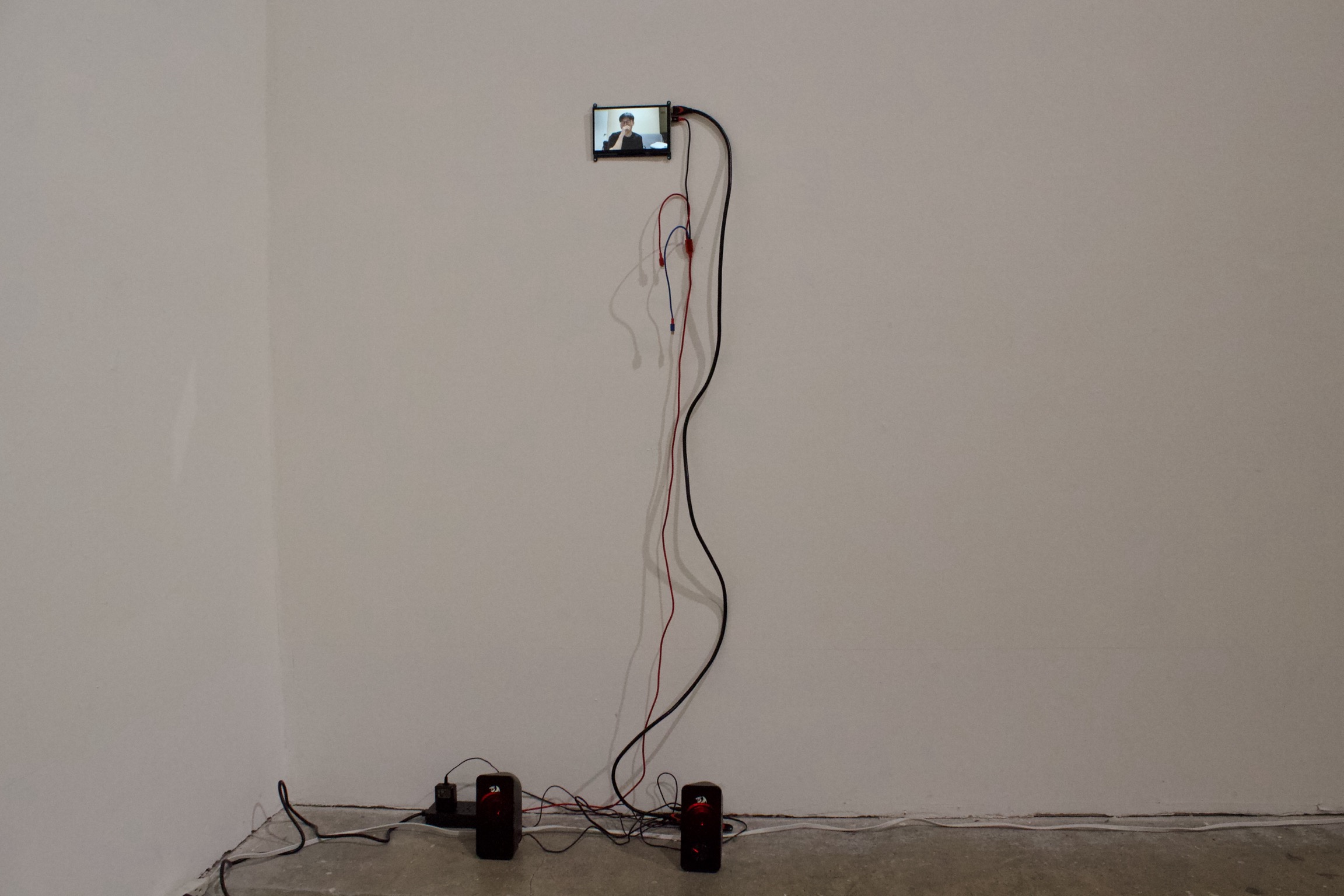

Very Real Conversation (Kenny), 2023
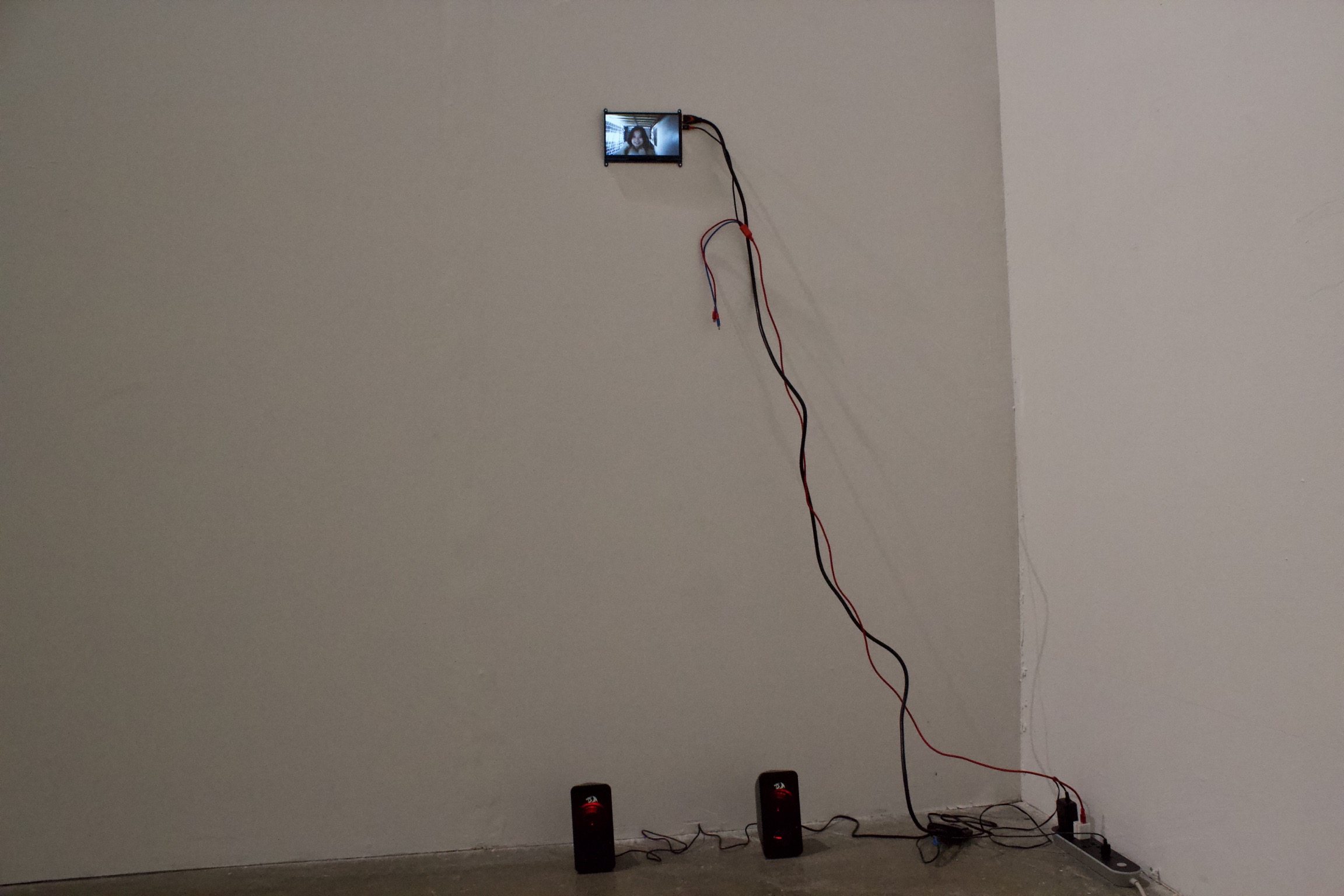
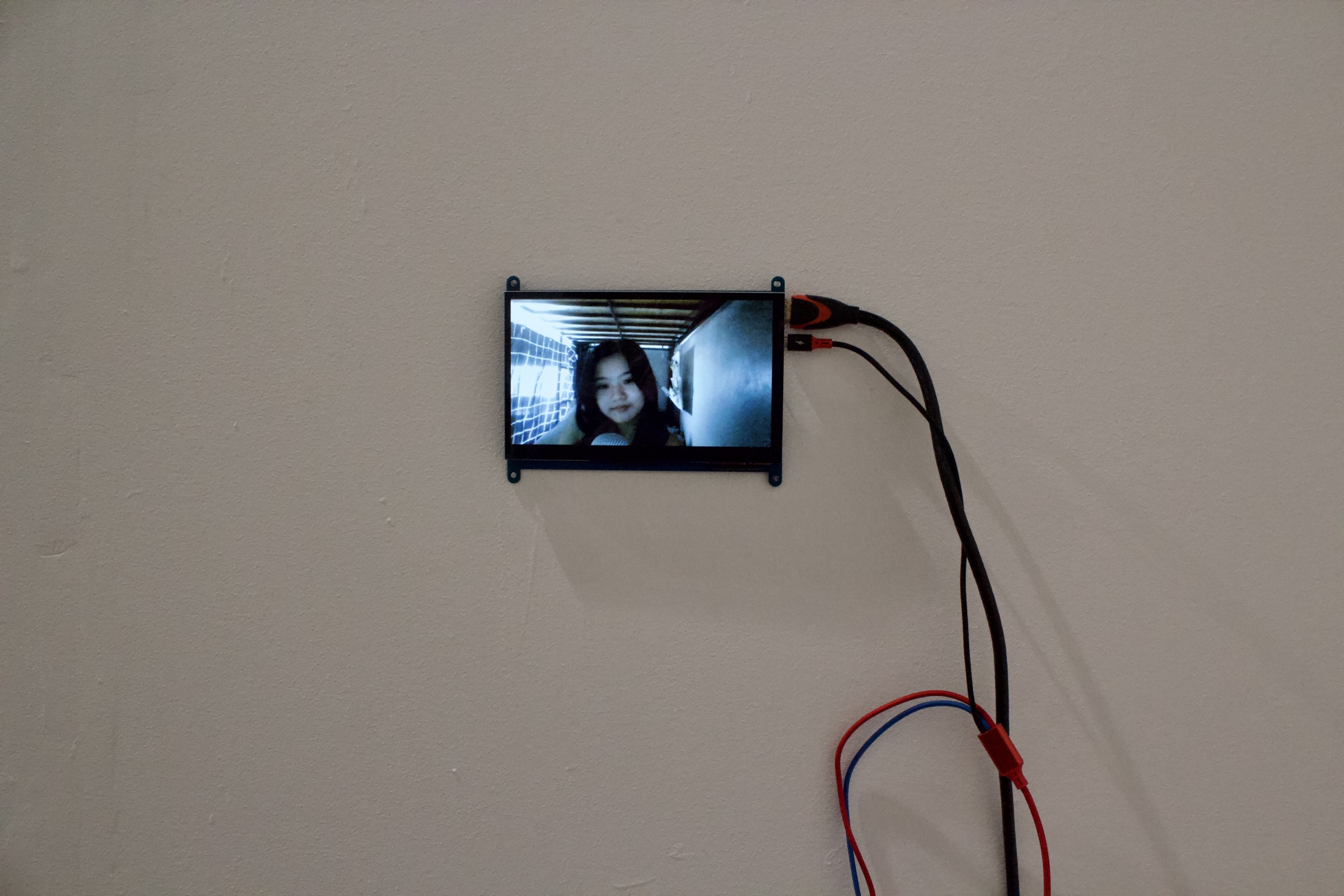
Very Real Conversation (Eris), 2023

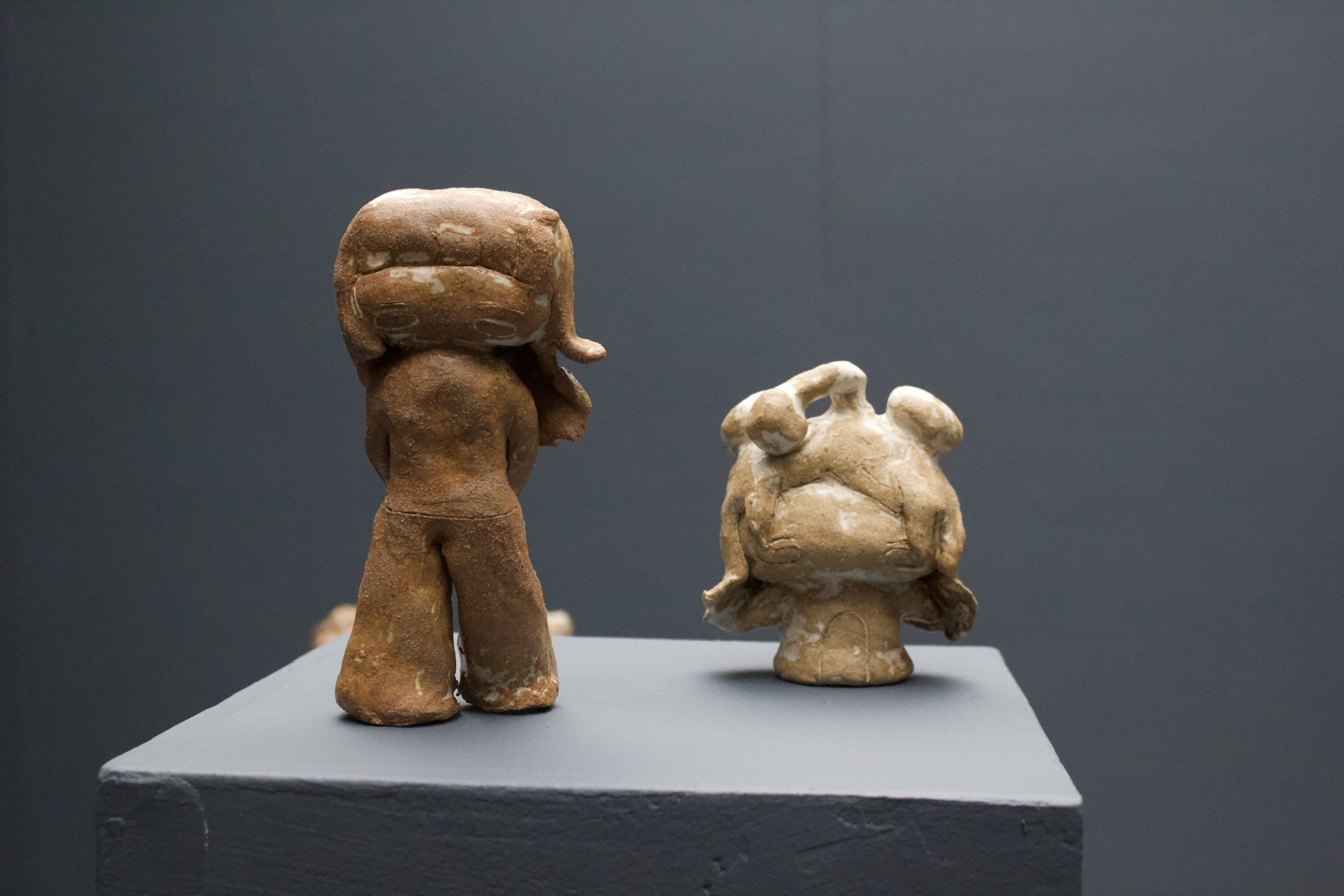

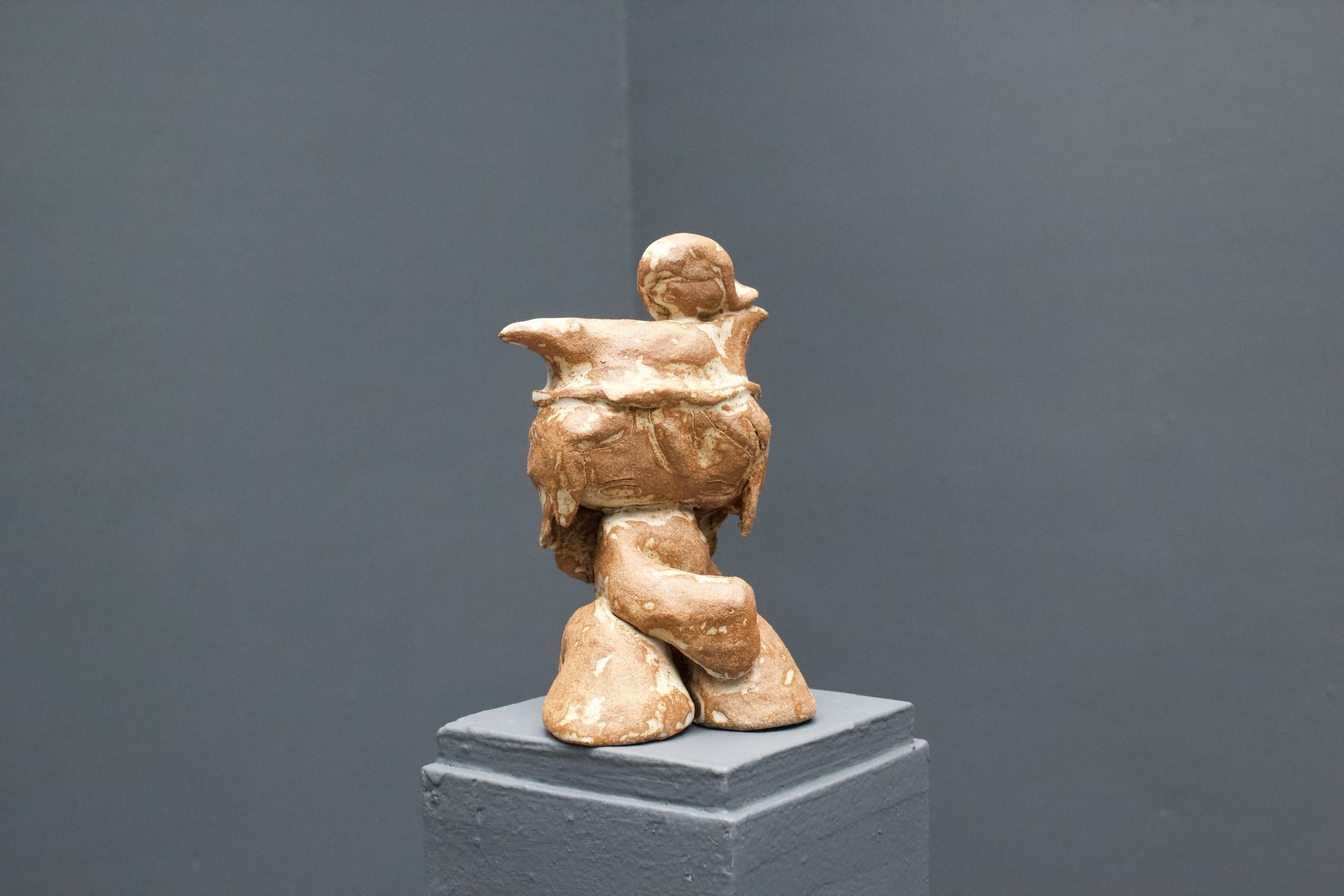
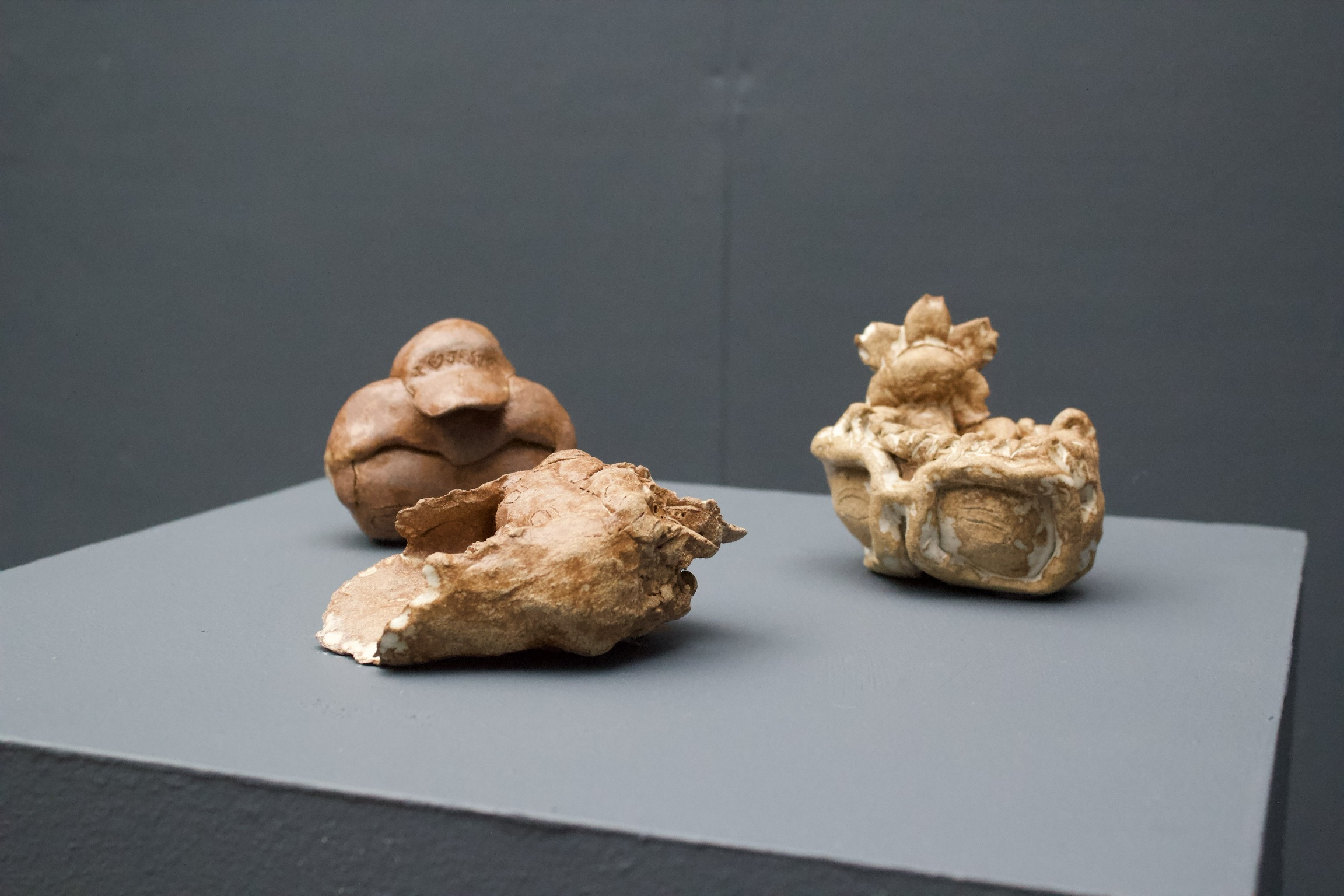
LAN Party, 2023